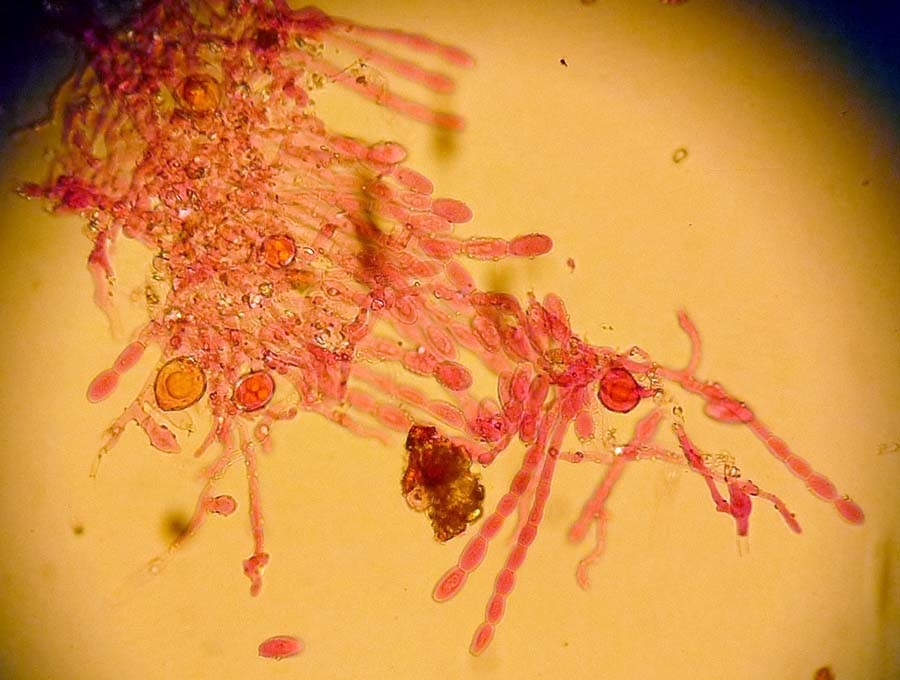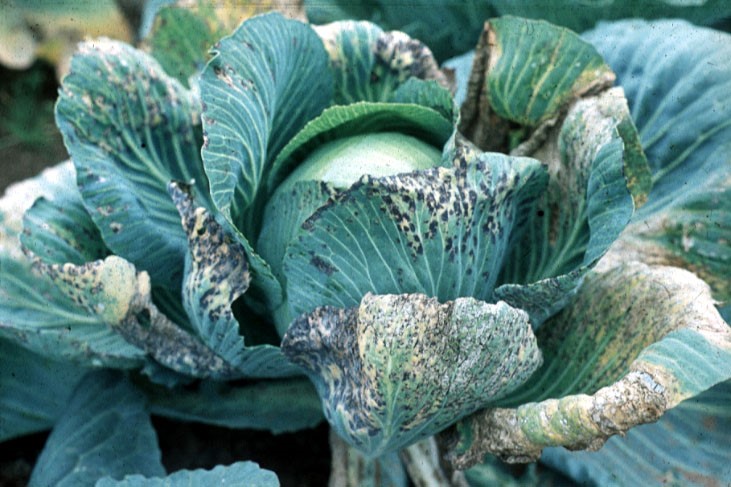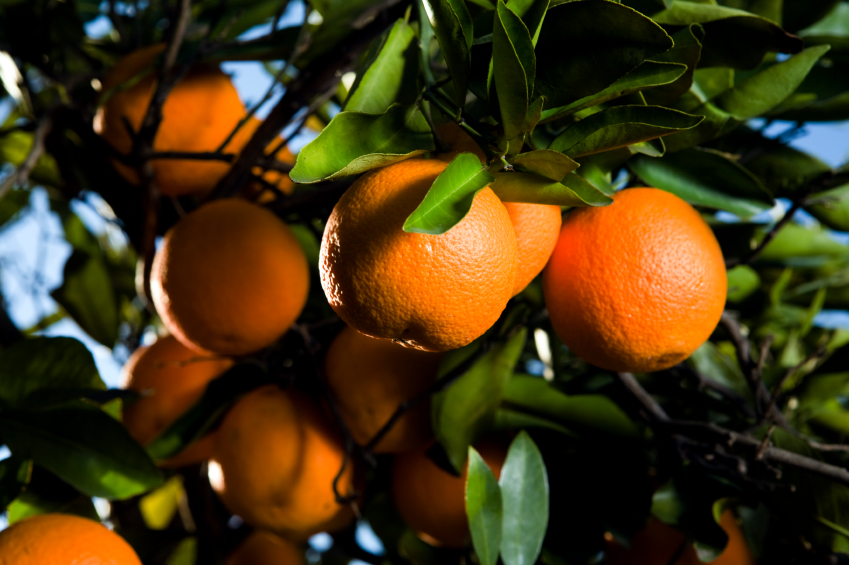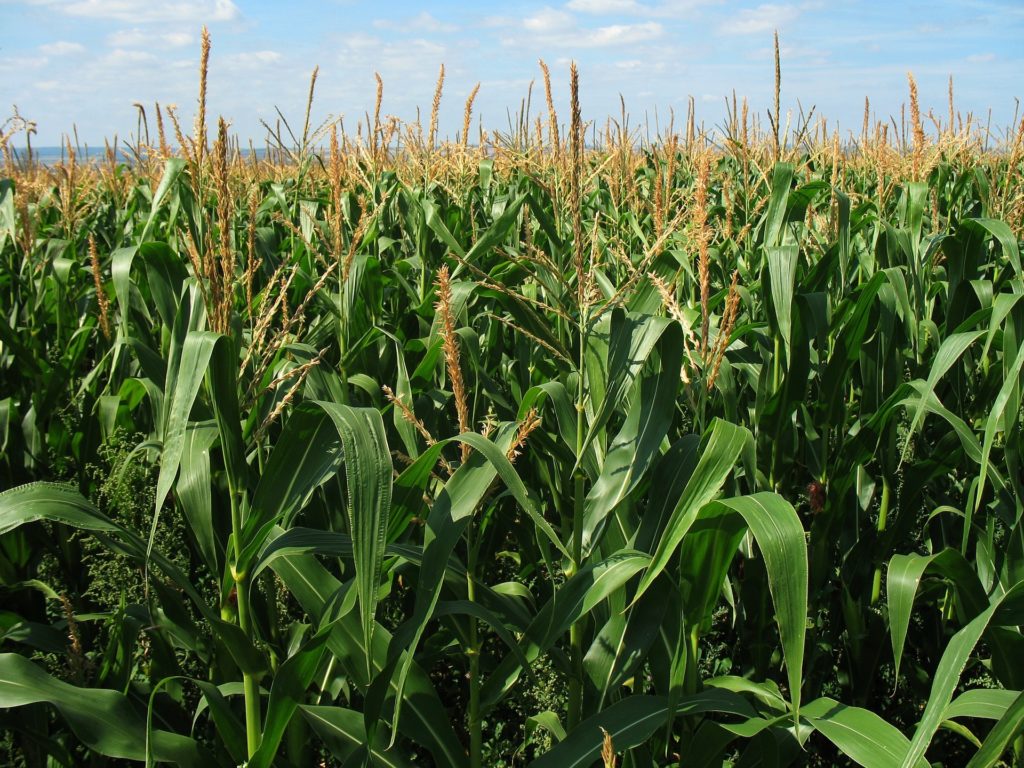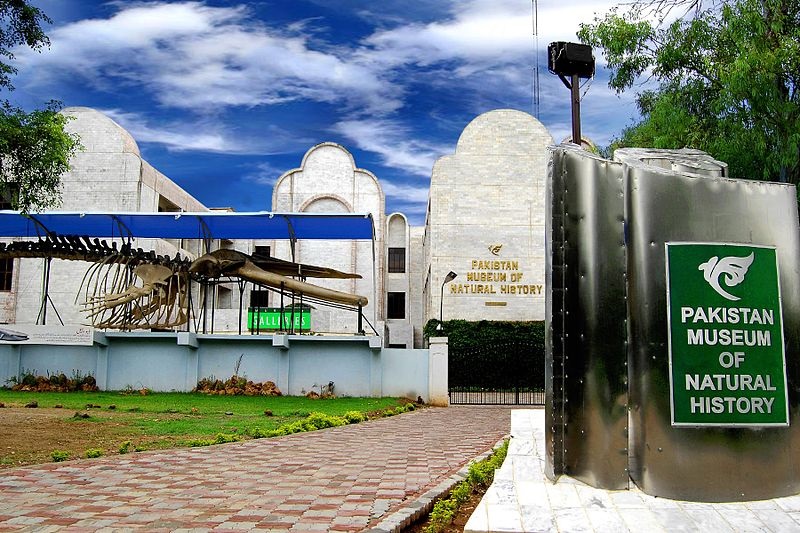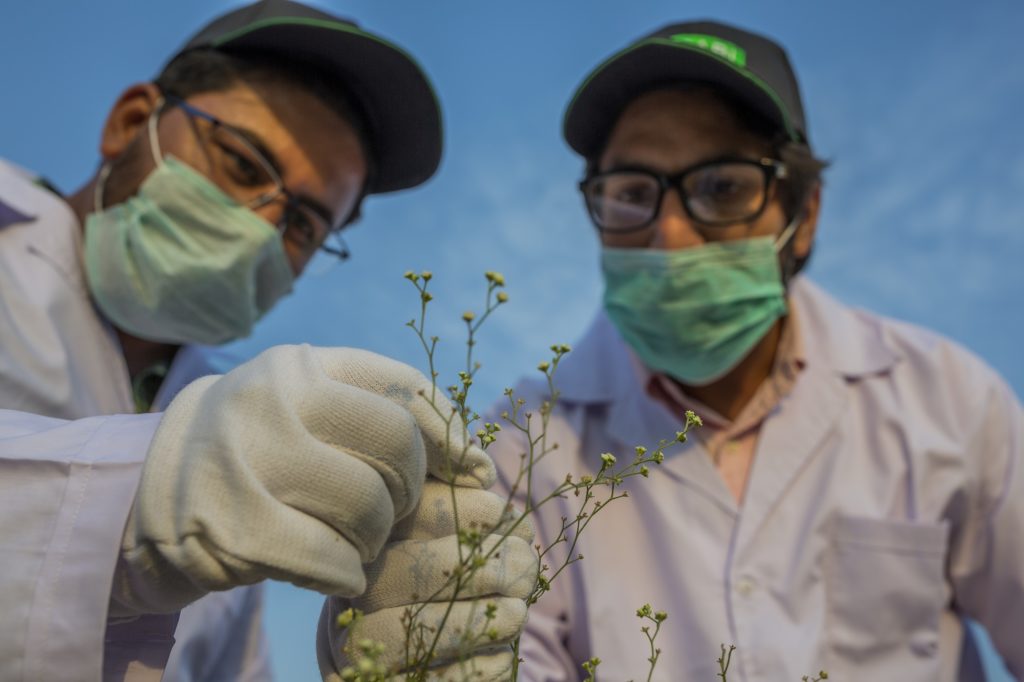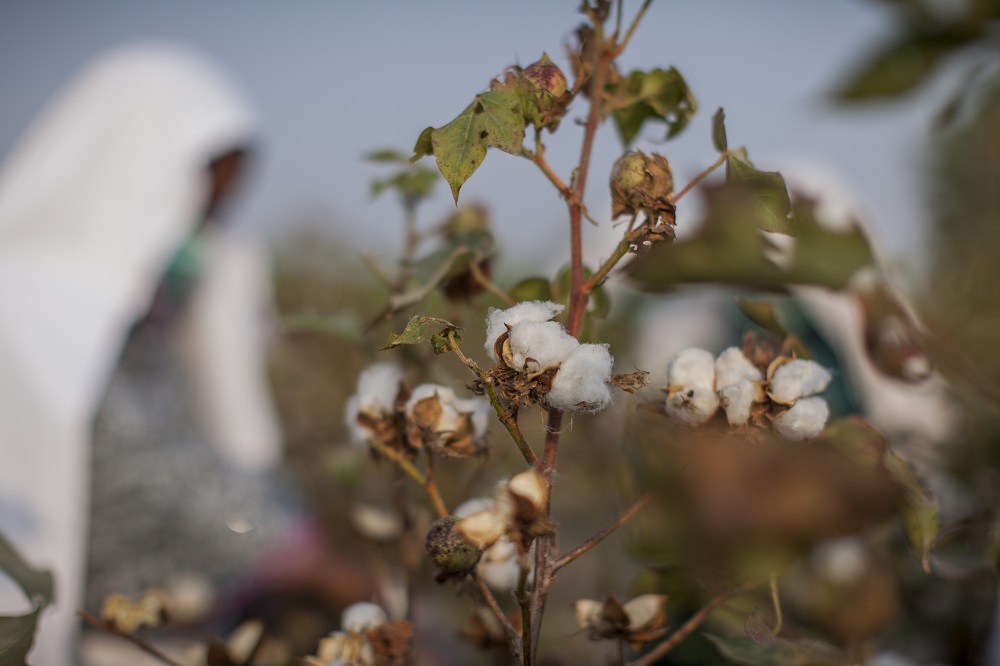Food for thought: Fungal biological resources to support international development – challenges and opportunities
At first glance it might be hard to see how the exploitation of microbes, especially fungi, can have the power to help humanity meet the UN’s Sustainable Development Goals (SDGs), feed the world’s growing population and improve the bioeconomies of poorer nations. But a team of international scientists from CABI, the Westerdijk Institute and the…
Remembering Anthony Johnston – former Director Commonwealth Mycological Institute
By Dr David Smith, Director Biological Resources at CABI It was sad to hear of the passing of Anthony Johnston, a plant pathologist and former Director of the Commonwealth Mycological Institute (CMI) 1968-1983. He is fondly remembered by his colleagues, some of whom are still working at CAB International (originally CAB – Commonwealth Agricultural Bureaux) which…
Improving disease resistance in Kenyan crops
By Dr Charlotte Nellis, (NIAB EMR, UK) It is estimated that globally two billion people suffer from deficiencies in essential vitamins and nutrients, termed ‘hidden hunger’. Sub-Saharan Africa has a number of countries that have high levels of hidden hunger, including Kenya, which is ranked 2nd and 17th worst in Africa and the world, respectively.…
The history of cultivating citrus
By L Gene Albrigo Citrus is one of the most important exported fruit crops. Large plantings in countries bordering latitudes 20 south and north and in-between provide fresh and processed citrus for the more populated northern European and American countries as well as other large populations around the world. Citrus has also been a cultivated…
Safer food in Pakistan through Aflatoxin control
By Dr Sabyan Faris Honey, CABI, and Deborah Hamilton, USDA Aflatoxin, produced by a poisonous fungus, is a serious threat to food security by contaminating many of Pakistan’s agricultural products, including cereal grains, chilies, dry fruits and nuts, and milk. Indeed, the average contamination in wheat and maize in Pakistan, for example, is five and…
Truly international expertise on tomato production
By Rachael Russell Ep Heuvelink’s Tomatoes is part of CABI’s Crop Production Science in Horticulture series. First published in 2005, it became an essential resource for growers, extension workers, industry personnel, and horticulture students and lecturers. Since then, our knowledge on tomato has greatly increased; tens of thousands of scientific papers have been published and…
CABI helps Pakistan Museum of Natural History showcase scourge of noxious parthenium weed
CABI in Pakistan is helping the Pakistan Museum of Natural History (PMNH) showcase the scourge of the noxious parthenium weed, otherwise known locally at ‘Gajar Booti’, to members of the public visiting its Bio Gallery exhibit. Parthenium is regarded as one of the major threats to native species, environment and ecosystems in more than 48…
In the frame: fighting the scourge of parthenium weed in Pakistan
CABI has recently shared its expertise in a new parthenium evidence note which highlights a list of recommendations to fight the highly-invasive weed can cause severe allergic reactions in humans and livestock, may harbour malaria-carrying mosquitoes, displace native plant species and reduce pasture carrying capacities by as much as 80% to 90%. In this picture…
Photo focus on fighting invasive plants on Socotra Natural World Heritage site
In this photo special we turn the spotlight on members of the community in the Socotra Archipelago, Yemen – including Bushera Ahmed Abdulla pictured above – who are working together with invasive species experts from CABI to help rid the region of devastating Invasive Alien Species (IAS) including common pest pear Opuntia stricta and prosopis. Dr Arne Witt, CABI’s…
‘Sowing the seeds’ for better cotton crops: a farmer case study
Cotton is Pakistan’s largest industrial sector and is a principle cash crop to millions of smallholder farmers who rely upon it to earn their livelihoods. However, per acre yield and the profitability of the crop is dependent upon the quality of the sown seed as part of the principles of Good Agricultural Practices (GAPs) and…

